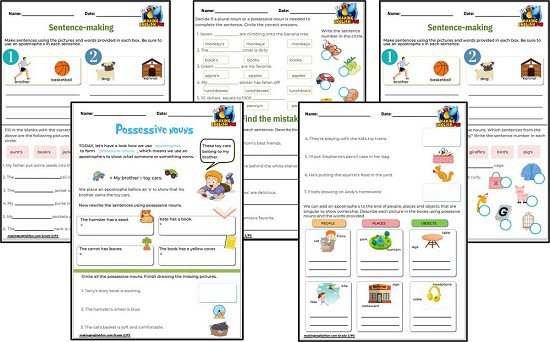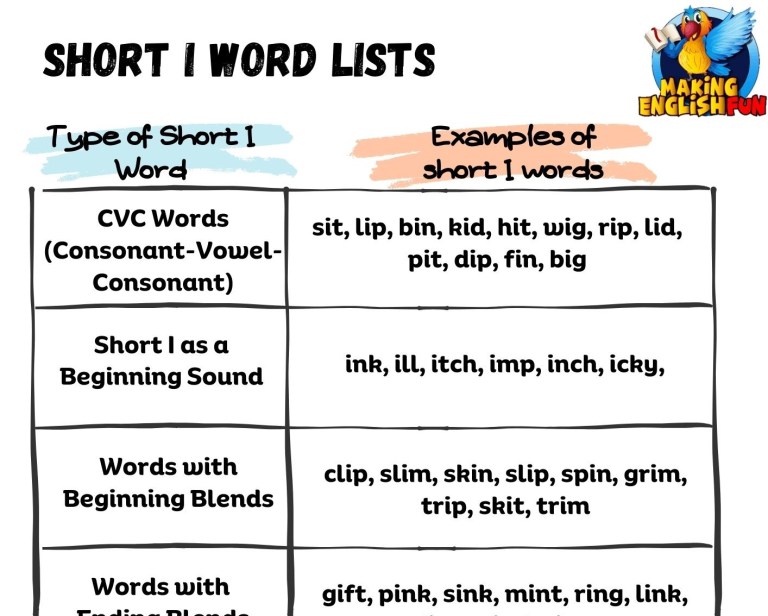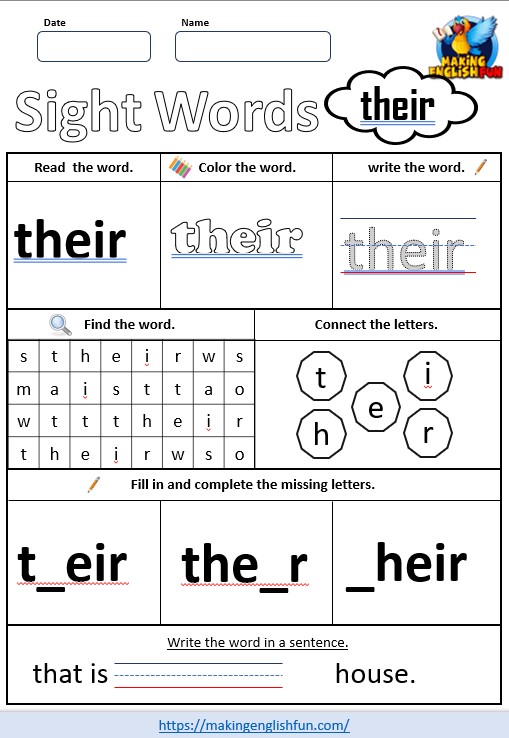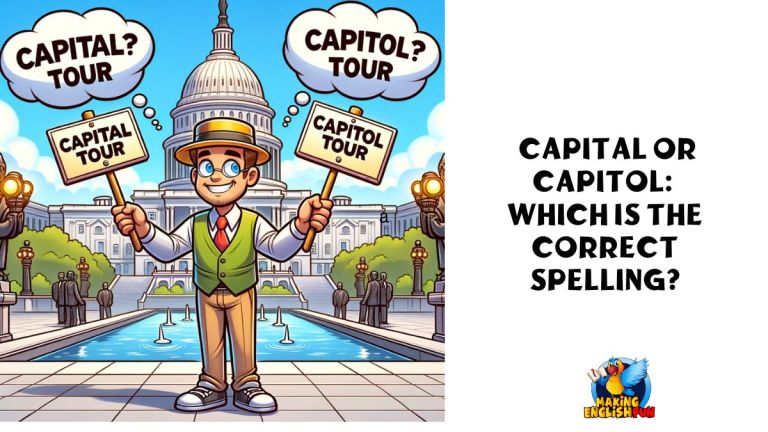Possessive Nouns Worksheets
Below we have a set of 5 Possessive Nouns worksheets for free Download and use for Schools, homes and parents. ( not to sell, or post on your site on of course though linking back is appreciated)
This can be used as individual Possessive nouns worksheets or as a possessive nouns / apostrophe mini project. We have aimed at grade 3 or above but of course you know your children or students best and you can gauge if they are suitable for their level.
We also have an articles on possessive nouns and how to use that can help to guide and instruct you on how to teach these tricky grammar rules in English. you can check this out here and on the link at the End.
First we introduce a little about what is a possessive noun in English and the worksheets are below.
We have an infographic on the types of nouns in English for you to use and share if you need as well. ( just credit us please!)
What Are Possessive Nouns in English?
What are possessive nouns in English? These are the terms used to refer to one person, group of people, or object. There are several forms of possessive pronouns and adjectives. In this article, we’ll cover how to use ‘his’, ‘its’, or ‘hers’. The apostrophe can be difficult when not used properly. Here are some examples of its uses.
apostrophe +’s’
In English, possessive nouns are a form of noun that shows that a person or thing is in the owner’s possession. To show this, they are added to the word with an apostrophe. Even though the possessive of a singular word doesn’t need an apostrophe, the apostrophe is required in a plural possessive. The ending in front of an apostrophe also indicates that the word is singular or plural.
When writing possessive nouns, it is important to remember that they can be written using the word ‘of’ instead of an apostrophe. If you’re unsure of whether you should use an apostrophe, try checking out the worksheets below on possessive nouns. They were created by experienced teachers.
Apostrophe +’s’ is used with some nouns to indicate a contraction. This is two words pressed together into one. In this case, ‘the girl’s’ would be a possessive noun. Possessive nouns are usually followed by another noun to show that the object is in the owner’s hands. It is possible to use a possessive noun with a verb, but a noun that comes before a verb will not be considered possessive.
Apostrophe plus’s are common in newspapers and magazines, but they can be used with any noun. Generally speaking, an apostrophe goes with the last noun if two nouns act as one unit, while an apostrophe goes with each noun if they are acting separately. Thus, Joe and Jane’s houses mean both houses are blue, but they are separate.
‘his’ is a possessive pronoun
In English, the word his is a possessive pronoun. It refers to a specific person and is part of a group of words called interrogative pronouns, commonly known as question words. Other possessive pronouns include who, whom, what, and which. These words have specific meanings, but the main distinction is the use of an antecedent, which indicates who the pronoun refers to.
The use of possessive pronouns helps us avoid repetition in sentences, because the sentence can include both a singular and a plural possessive pronoun.
If you’re unsure about the difference between his and hers, look up a few examples to check your own English. One of the most common mistakes people make when using possessive pronouns is confusing the contraction “it’s.”
‘its’ is a possessive adjective
‘It’s’ is the plural form of the adjective ‘it’. It comes before the noun and means that something is “its.” It is also a verb that describes something. Possessive adjectives have many functions. Two common ones are to indicate location and as an indefinite subject. In everyday language, it can be used to say “It’s in the fridge” or “It’s over there.” This form of the possessive adjective does not have a possessive pronoun counterpart.
Possessive adjectives show that something is “mine.” This way, you can say, “I have this iPhone.” It also shows that a certain object belongs to a specific person. Its main difference from pronouns is the fact that it does not come before the noun in a sentence. In other words, ‘its’ can replace a noun.
As you can see, possessive adjectives are a useful tool for expressing ownership. Learn to write basic information about people to improve your English fluency and confidence. In English, ‘its’ is the plural form of ‘it’. When you’re writing about people, it is important to note that ‘its’ is a singular form of the pronoun ‘he/she’.
‘hers’ is a possessive pronoun
The third-person feminine possessive pronoun hers is a singular form that indicates possession by a female. However, the word is sometimes misspelled, and incorrectly formulated. The correct way to use hers is to refer to the object as hers rather than hers’.
‘theirs’ is a possessive pronoun
Its use as the singular possessive determiner is due to the lack of a gender-neutral alternative. It can refer to a male or female person but it should be used with the correct pronoun, if it is not the preferred one. In English, it’s a good practice to use the plural form whenever possible.
There are many types of possessive pronouns. The most common mistake that people make when using possessive pronouns is adding an apostrophe. The possessive form of a word does not include an apostrophe and should not be used to imply contraction. The possessive form of a word is the possessive pronoun. This is because possessive pronouns do not sound like contractions.

Possessive nouns are very common in english, some are event consider dolch words and found in the most commonly used words in English. they also add creativity and fluency to your students language and avoid repetition of nouns and proper nouns in writing and speech.
Although fairly simple to teach and achieve should not be over looked ( as they often can be) hopefully this set of 5 Possessive Noun worksheets will be of help with this.
Don’t forget that we have thousands of other resources on English, Phonics and grammar as well as vocabulary for all grades on the site that you can access for free, and some workbooks that we sell for a heavy discount if you need them collated and in a collection,








